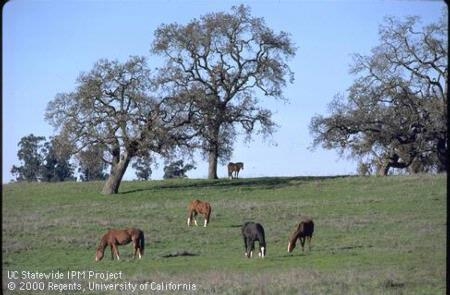
Posts Tagged: animal health
Mosquito resources from UC IPM
UC IPM (Integrated Pest Management) has a collection of resources to help educate the public and water treatment professionals about mosquitoes. Some species of mosquitoes found in California have the potential to transmit microorganisms that can cause disease to people, pets, and livestock.
While mosquitoes are best managed on an area-wide basis by public agencies organized specifically for this purpose, the combined actions of individuals can greatly improve larger mosquito control efforts. And because some areas of our state do not have organized public mosquito management programs, the individual actions of residents are all the more important.
Main mosquito subjects found at UC IPM are:
- Mosquitoes Pest Notes
- Mosquitoes Quick Tip
- Managing Mosquitoes on the Farm
- Managing Mosquitoes in Surface-Flow Constructed Treatment Wetlands
- Managing Mosquitoes in Stormwater Treatment Devices
- West Nile Virus and related mosquito information and links
The Mosquitoes Quick Tip resource is available in Spanish.
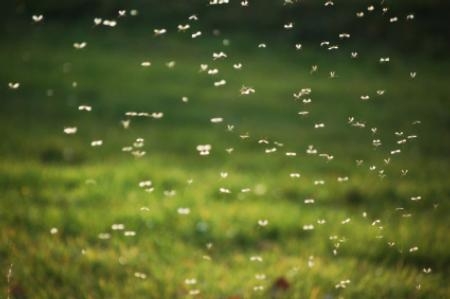
Managing Mosquitoes on the Farm
Farming operations may create places where mosquitoes can breed and live. In addition to other potential problems, mosquitoes can carry diseases to people, livestock and pets -- some of which can be fatal.
Luckily there are several practical steps that can be taken on the farm or ranch to help keep mosquito born diseases from becoming established. UC’s free publication, Managing Mosquitoes on the Farm can provide instruction and guidance, including:
- Why you should care about mosquito control
- West Nile virus
- You may be raising the mosquito that is biting you
- Three basic principles of mosquito prevention
- Natural waters associated with farms
- Managing stagnant waters created by agricultural activities
- Irrigated fields for upland crops
- Mosquito-free irrigated pastures
- Rice
- Dairy operations
- Biological and chemical mosquito control
- Common mosquitoes and their life cycles
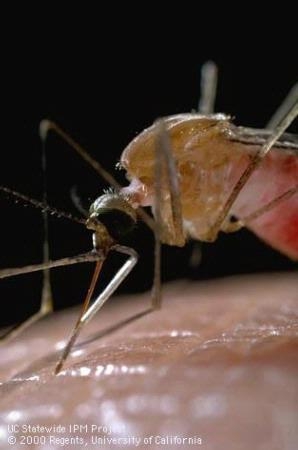
Livestock-Poisoning Plants of California
UC ANR has recently released a fantastic publication to help livestock owners reduce the risk of animal poisoning caused by the ingestion of poisonous plants. This 44 page publication is full of photographs to help with the identification of over 30 hazardous ornamental and range plants found throughout California.
Tables throughout will help owners to assess risk, recognize signs of animal poisoning and more. To access this free resource, please click here.
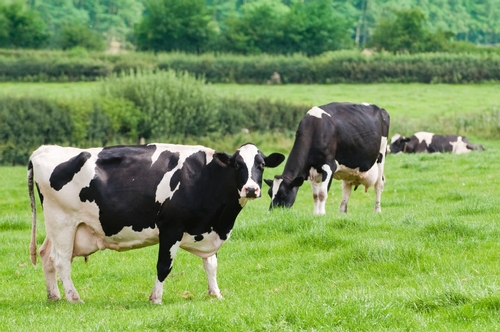
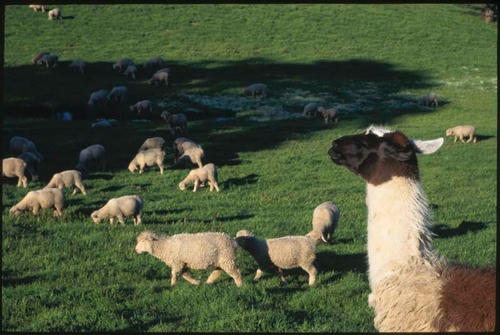
Photo by Jack Kelly Clark.
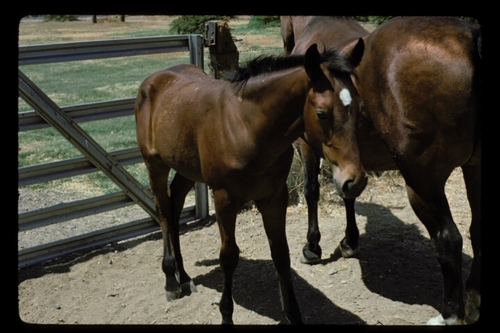
UC Davis Center for Equine Health
We recently received a call from a resident concerned about the health of her horse. These types of calls are quite rare. As our county does not have an advisor for animals and livestock we turned to UC’s statewide resources.
The UC Davis Center for Equine Health has a knowledgeable, friendly and helpful staff. It understandably took a few transfers to find the correct person to answer the question, but once found was an amazing resource.
From their website:
“Welcome to the Center for Equine Health at the University of California, Davis. As part of the School of Veterinary Medicine, we are dedicated to advancing the health, well-being, performance and veterinary care of horses through research, education and public service. To accomplish our mission, we provide academic leadership and serve as the organizational umbrella under which equine research is funded and conducted at UC Davis and at California State University campuses.”
Their publications page is full of free, science-based information towards the betterment of horses. For specific questions, try typing key words into the search box.
